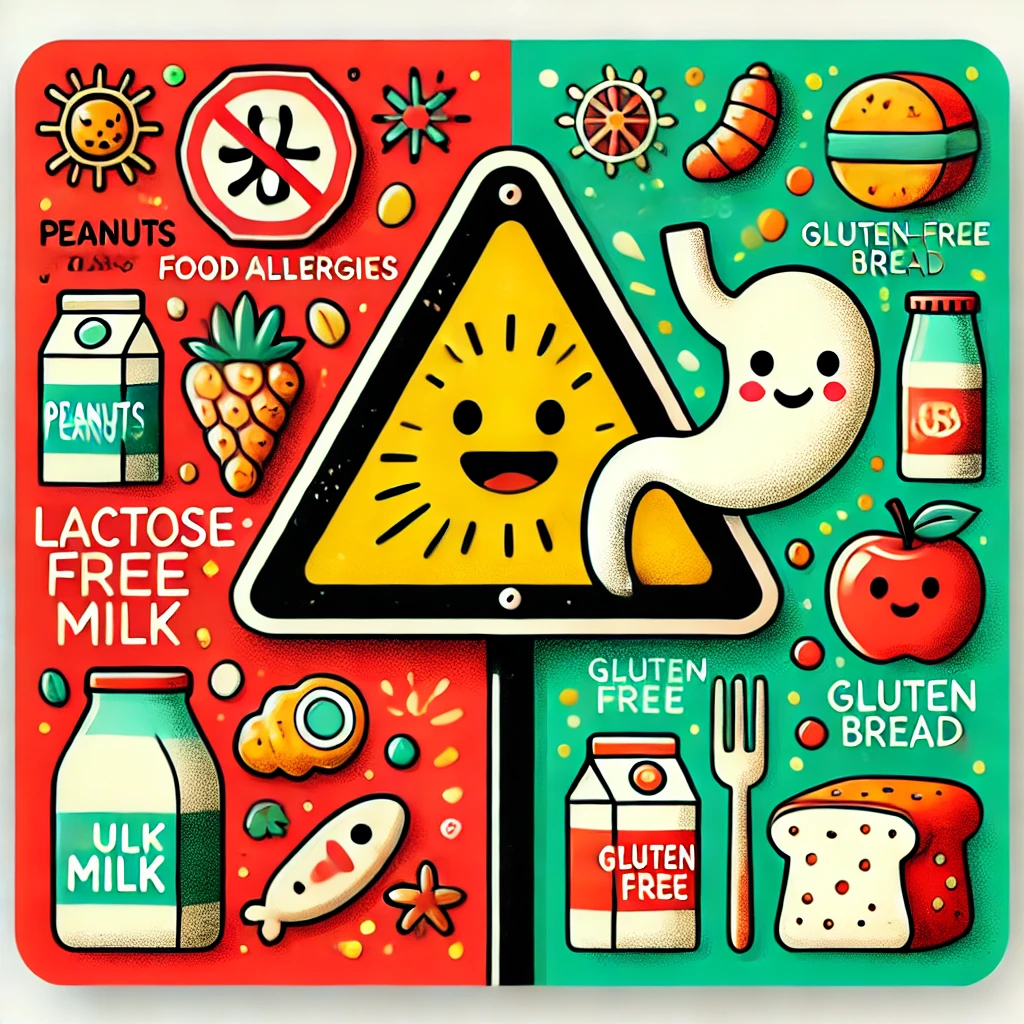Milk has long been celebrated as a nutritional powerhouse, offering essential nutrients like calcium, protein, and vitamins. However, the debate arises when sugar enters the mix. While sweetened milk is a nostalgic favorite for many, it raises valid concerns about added sugar and its health effects. In this blog, we’ll explore the pros and cons of sweetened vs. unsweetened milk, healthier alternatives, and tips for building better habits for you and your family.
The Classic Debate: Sweetened vs. Unsweetened Milk
For many, sweetened milk is tied to fond childhood memories—a warm glass of milk with a spoonful of sugar before bedtime. However, while milk itself is incredibly nutritious, excessive sugar intake can overshadow its benefits.
Why Choose Unsweetened Milk?
- Natural Taste Development: Starting children on unsweetened milk helps them appreciate its natural flavor without relying on sugar.
- Healthier Habits: Unsweetened milk reduces the risk of sugar-related health issues, such as obesity, diabetes, and tooth decay.
- Nutrient Preservation: Excess sugar can interfere with the body’s ability to absorb essential nutrients efficiently.
Healthier Sweetening Alternatives
If you or your child are accustomed to sweetened milk, transitioning to natural sweeteners can be a balanced solution.
Best Natural Sweeteners for Milk:
- Honey: A natural sweetener packed with antioxidants.
- Dates: A nutrient-rich option that offers fiber and natural sugars.
- Fruits: Blending milk with fruits like bananas or berries can add sweetness naturally.
These alternatives not only add flavor but also provide additional nutrients compared to refined sugar.
Moderation is Key
Whether you prefer sweetened or unsweetened milk, balance is essential. Excessive consumption of sugar—even from natural sources—can still lead to health concerns. Start with small steps:
- Gradually reduce the amount of added sugar in milk.
- Experiment with natural sweeteners to find a balance that works for you.
- Encourage children to enjoy milk in its natural form early on.
Conclusion
Milk, whether sweetened or unsweetened, remains a staple in many diets. The key lies in being mindful of added sugars and opting for healthier alternatives when needed. By making small adjustments, you can ensure your family enjoys milk’s benefits without unnecessary health risks. Remember, every small step towards reducing sugar intake is a step towards long-term wellness.
In case of any related query related to nutrition or weight management book an appointment with Dt. Silky Mahajan .You can also send us a mail at info@foodsandnutrition.in or call on 7829999400. Follow us on facebook & instagram for latest updates.











